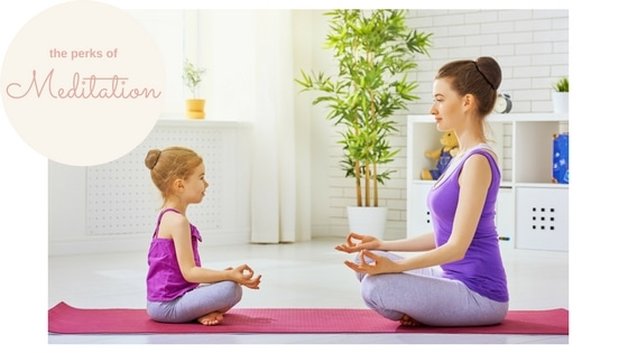|
When children, adolescents (…or even adults for that matter) have an emotional outburst, tantrum, meltdown… my approach (and many other psychologists at Hopscotch & Harmony) is to use that as an opportunity for emotional growth and a teaching point. What is it that you want your child to learn? This is a ‘Whole-Brain Child’ and ‘No-Drama Discipline’ approach to parenting (details of books below). The most challenging part of adopting this style of parenting is that in order to regulate your child’s emotions… you, as the parent, need to be able to regulate your own emotions (most of the time!) and be in the present moment. I like to think of it like this: Our frontal lobe (thinking, rational, logical part of the brain) isn’t fully developed until the age of about 25 years old (and of course, our brains continue to change throughout life). So seemingly minor issues (like not being able to sit in the front seat of the car) can create a huge emotional reaction. So parents need to adopt the role of the frontal lobe, which will help their child’s development of this part of the brain. This is where regularly practicing formal meditation comes in. Here are just some of the benefits of meditating regularly (for you and your children):
Not to mention other benefits such as increased immunity, better sleep quality, significant pain reduction and less impulsive behaviours. OK so hopefully I’ve sold you on taking the time to nourish yourself. Wake up 30 minutes earlier if you have to. Meditating has just as a good effect (if not better) than sleep on your brain. Starting is the hardest step but once you start, you won’t want to stop. Make that commitment to yourself. In term 2, I will be running a mindfulness-based cognitive therapy group for young adolescents who experience anxiety. Please call our clinic on 03 9741 5222 to indicate your interest. Watch this space as in the near future, I will also be facilitating a mindfulness-based group for adults to reduce symptoms of stress, anxiety and/or depression. Guided Meditations are available from: smilingmind.com.au (also a free app) peacefulkids.com.au www.mindfulnesscds.com References: Hassed, C. The health benefits of meditation and being mindful. Monash University Kabat-Zinn, J. (2013). Full Catastrophe Living: Using the wisdom of your body and mind to face stress, pain and illness. Second Edition, Random House LCC. Killingsworth, M. A., & Gilbert, D.T. (2010). A wandering mind is an unhappy mind. Science. 330-932 Siegel, D. J., & Bryson, T. P. (2014). No-drama discipline: The whole-brain way to calm the chaos & nurture your child’s developing mind. First edition, Bantam. Siegel, D. J., & Bryson, T. P. (2012). The whole-brain child: 12 revolutionary strategies to nurture your child’s developing mind. Brunswick, VIC: Scribe Publications.
Comments are closed.
|
Categories
All
|
Hopscotch & HarmonyAt Hopscotch & Harmony Psychology, you can expect compassionate care and evidence-based guidance on your journey to wellness.
With clinics in Werribee and Belmont, as well as providing online counselling to clients who live throughout Australia, our dedicated team of psychologists and dietitians are committed to providing support to children, teenagers and adults. With a focus on understanding your unique needs, we offer tailored solutions to foster growth and resilience. Trust in our experience and dedication as we work together towards your well-being. Welcome to a place where healing begins and possibilities abound. |
Our services |
Contact usHopscotch & Harmony
Child, Teen and Adult Psychology Our Locations:
WERRIBEE: 1/167-179 Shaws Rd
BELMONT: 92 Roslyn Rd AUSTRALIA-WIDE: Online counselling |
Hopscotch and Harmony respectfully recognise the Aboriginal and Torres Strait Islander people as the first Peoples of the continent now called Australia.
We acknowledge the Bunurong and Wadawurrung people of the Kulin Nation, the traditional owners of the land on which we work, and pay our respects to their Elders, past, present and emerging.
© 2024 Hopscotch and Harmony Pty Ltd



 RSS Feed
RSS Feed
